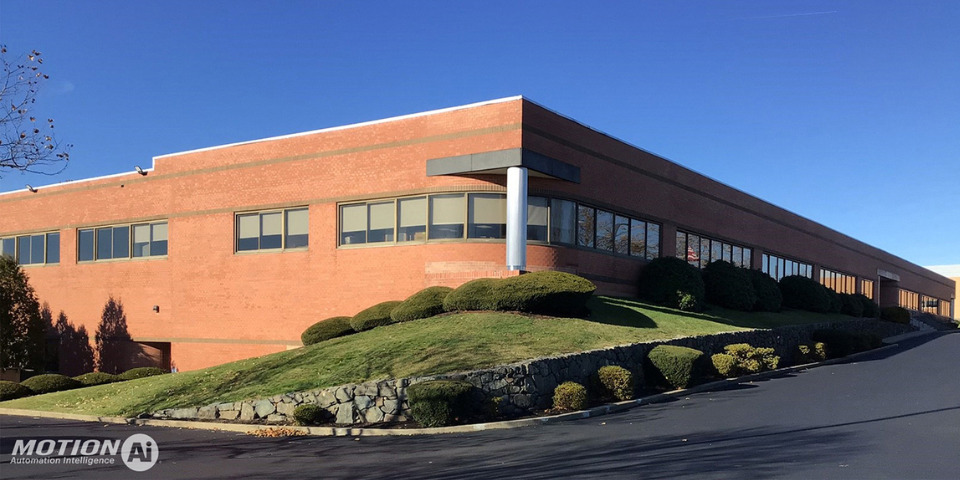Revolutionizing Crop Growth
A groundbreaking innovation in agriculture promises to revolutionize the way we grow food: electronic soil. This novel technology, developed by researchers at Linköping University, has the potential to boost crop growth by over 50%, offering a glimpse into a future of sustainable as well as efficient food production.
Scientists have devised an electrically conductive “soil” for plant growth, bypassing traditional soil with hydroponics. Hydroponics involves growing plants with a water-based nutrient solution instead of soil, resulting in significantly reduced water consumption and the retention of essential nutrients within the system. This hydroponic technique is extensively applied in vertical farming for the cultivation of lettuce, herbs, and various vegetables.
Environmentally Friendly Farming: The eSoil Advantage
Eleni Stavrinidou, an associate professor at Linköping University’s Laboratory of Organic Electronics, is driving a revolutionary breakthrough in electronic soil. Their creation, eSoil, represents a significant leap forward in hydroponics. Derived from cellulose and the conductive polymer PEDOT, eSoil is not only environmentally friendly but also provides a low-energy, and safe alternative to earlier methods that relied on high voltage and non-biodegradable materials like mineral wool.
The study’s results are impressive. Barley seedlings showed a remarkable 50% increase in growth over 15 days when their roots were electrically stimulated using eSoil. This discovery not only expands hydroponic crop options but also highlights more efficient growth with fewer resources.
Shaping the Future of Food
Electronic soil represents a significant leap forward in agricultural technology. With its potential for efficient food production, resource conservation, as well as crop versatility, this innovation holds immense promise for a more sustainable and secure future of food. The coming years will be crucial in refining and implementing this transformative technology, potentially shaping the way we grow food for generations to come.







